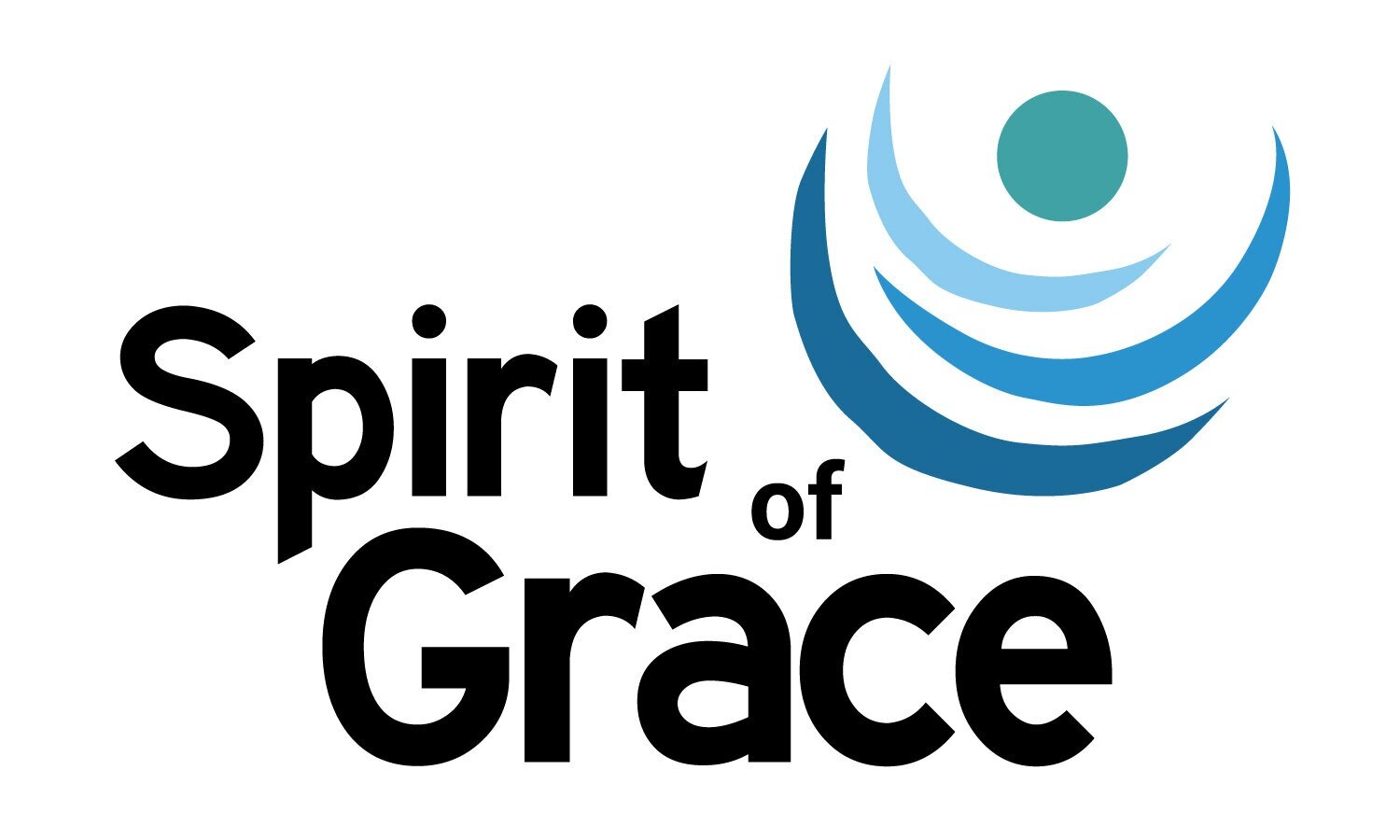Eucharistic prayers within Christian worship date back centuries. Within the Lutheran Christian tradition, Lutheran pastors are free to follow the form and function of a Eucharistic prayer but change the language and metaphors to suit the context. This is consistent with Martin Luther's teaching that worship should take place in the vernacular (the language of the people).
Given that 50% of the members of Spirit of Grace come from Roman Catholic backgrounds but are not currently able to receive the Sacrament from Roman Catholic priests at Spirit of Grace, I have been experimenting with bringing more Roman Catholic language, culture, and responses into the Eucharistic Prayers written for Lent. While consulting with Director Vinci regarding some of the nonexplicit cultural practices common in Roman Catholic celebrations of the Eucharist, I have incorporated a little extra silence at a few key places and the sung responses our community previously used during Roman Catholic mass.
While there are some differences and nuanced ways in which Lutherans, Catholics, and other denominations understand the Eucharist, as far back as 1967, Roman Catholic and Lutheran theologians have agreed, "Our confessional documents have in common affirmed that Jesus Christ is ‘really,’ ‘truly’ and ‘substantially’ present in this sacrament. This manner of presence ‘we can scarcely express in words,’ but we affirm his presence because we believe in the power of God and the promise of Jesus Christ...."
I welcome your feedback regarding how these language changes may enhance or detract from the celebration of the Eucharist for you as we continue on our journey as an ecumenical community in Christ.
— Pastor Robyn Hartwig






